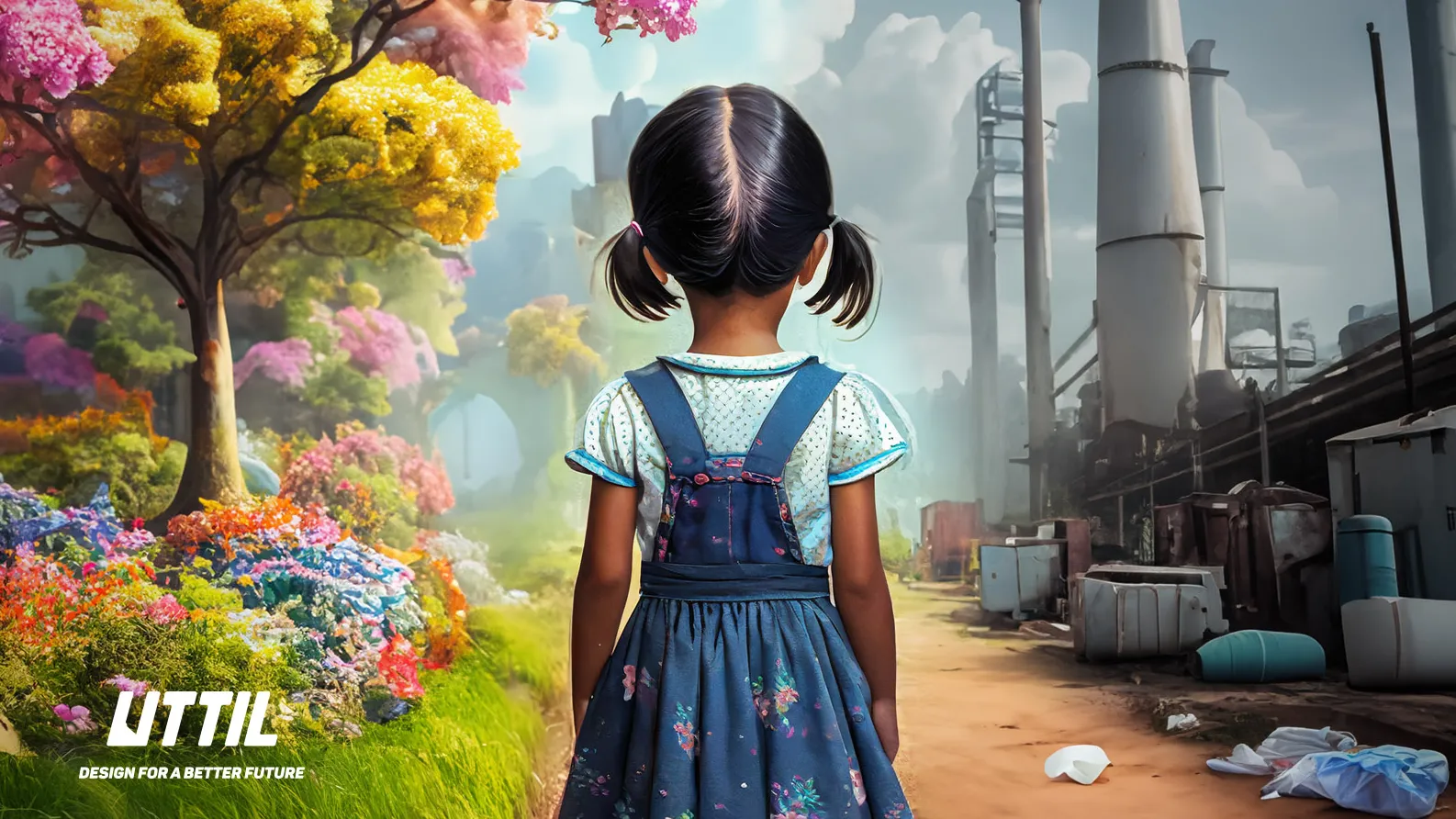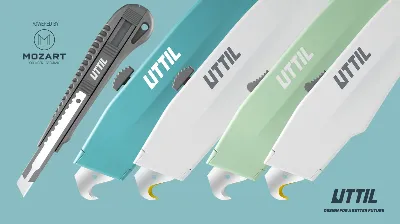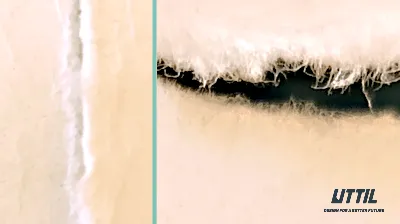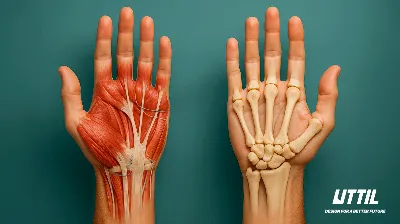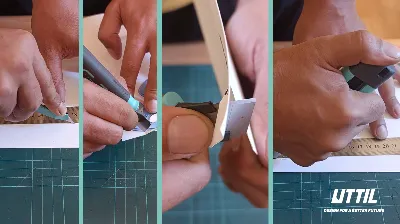The Circular Economy: Why Sustainable Materials Are Our Future?
In today's
rapidly changing world, the importance of sustainable materials cannot be
overstated. Our improvements to our business in sustainability and circular
economy have enabled us to witness first-hand the transformative power of
appropriate material selection. The circular economy is not just a fleeting
trend; it's a necessary shift in how we view our resources, consumption, and
waste.
Every
product we use, from the clothes we wear to the buildings we inhabit, starts
with a material. These materials have a life cycle, and in a traditional linear
economy, this cycle is a one-way street: extract, produce, consume, and dispose
of. However, the circular economy offers a more holistic approach, emphasising
the importance of recycling, reusing, and reducing waste.
Sustainable
materials are at the heart of this. They are not just environmentally friendly
but also economically viable and socially responsible. For instance, materials
like bamboo, which grows rapidly and can be harvested without killing the
plant, offer a renewable alternative to traditional timber. Similarly,
innovations like mycelium-based materials, which are grown from fungi, present
biodegradable alternatives to plastics.
But why
does this matter? Firstly, our planet's resources are finite. If we continue to
extract and not replace, we risk depleting these resources and causing
irreversible environmental harm. Secondly, there's an economic incentive.
Sustainable materials often have lower long-term costs, as they can be reused
and recycled, reducing the need for new raw materials.
Lastly, and
perhaps most importantly, there's a moral imperative. We owe it to future
generations to leave behind a planet that's as rich in resources and as capable
of supporting life as the one we inherited.
In
conclusion, the circular economy and sustainable materials are not just
buzzwords. They represent a brighter, more responsible future. As consumers,
businesses, and policymakers, our choices will shape tomorrow's world. Let's
make those choices count.
UTTIL's
Commitment to the Circular Economy:
UTTIL strives to advocate sustainable practices, and
its commitment to the circular economy is no exception. Recognising the vital
role of materials in shaping a sustainable future, UTTIL emphasises
research and development to identify and incorporate environmentally friendly
materials into its product range. UTTIL is adapting to the circular
economy and actively trying to contribute to its evolution. Furthermore,
through consumer education initiatives and various partnerships, UTTIL
ensures that its commitment to sustainability extends beyond manufacturing and
fosters a community of conscious consumers who understand and value the
importance of the circular economy.

